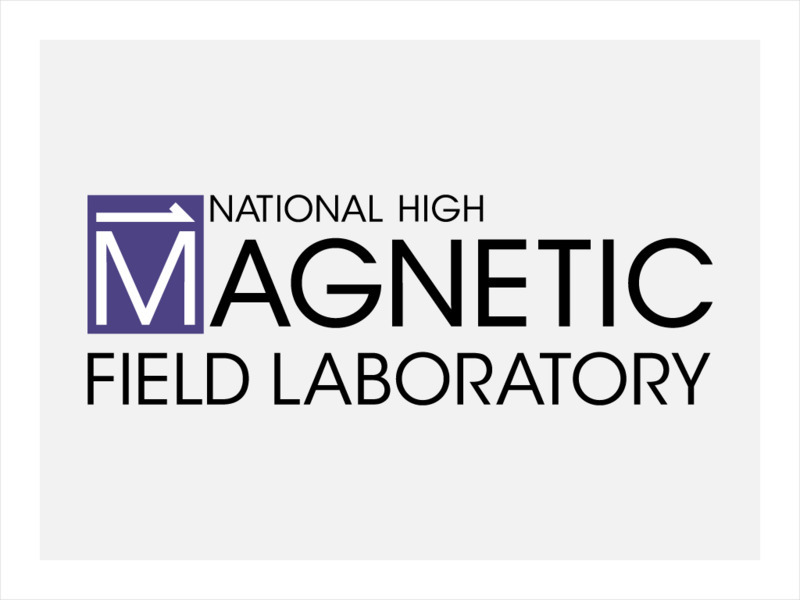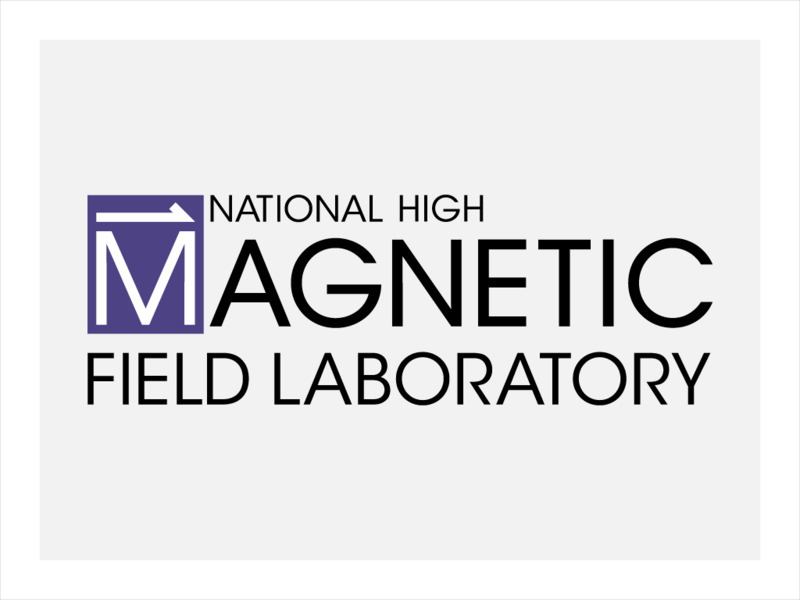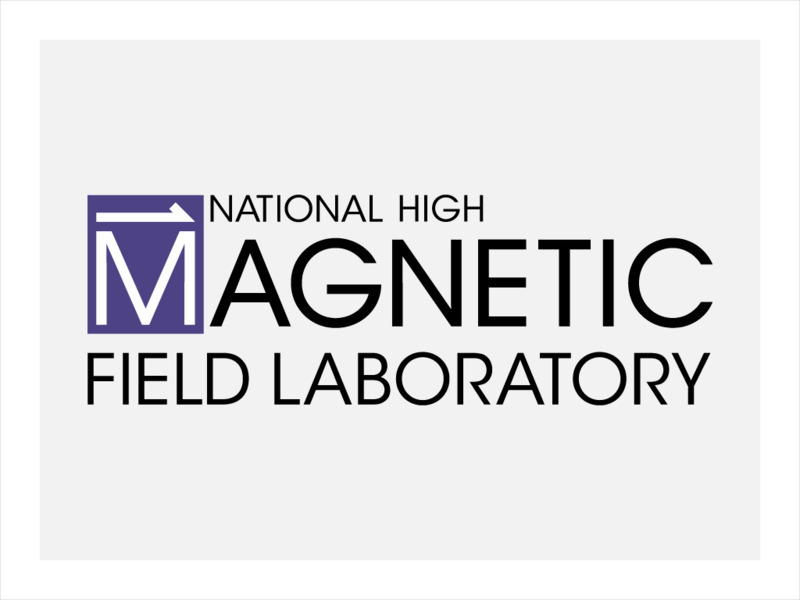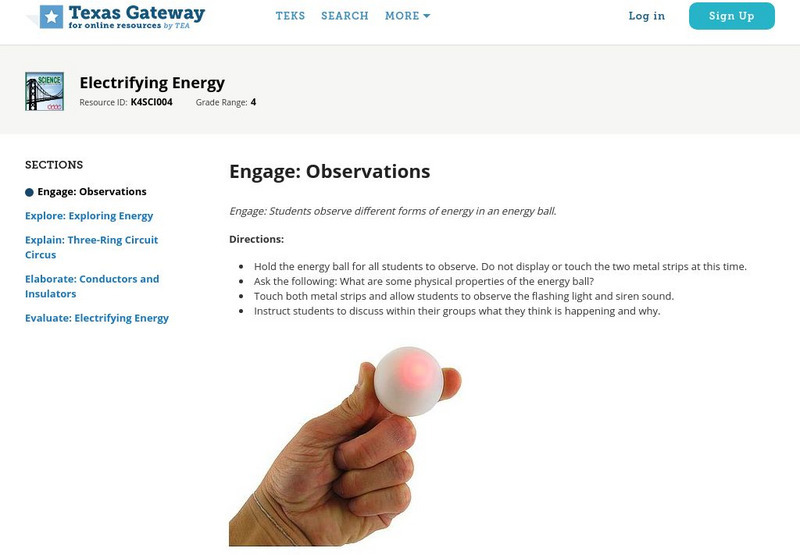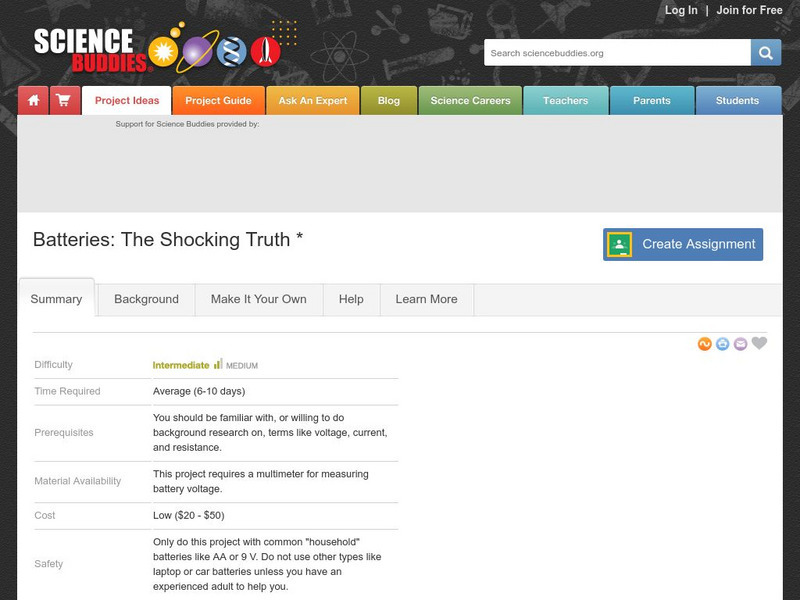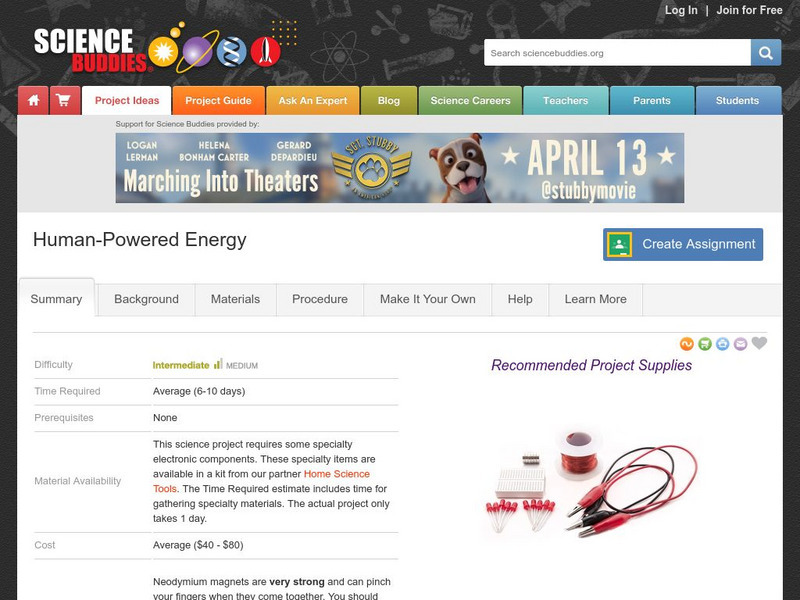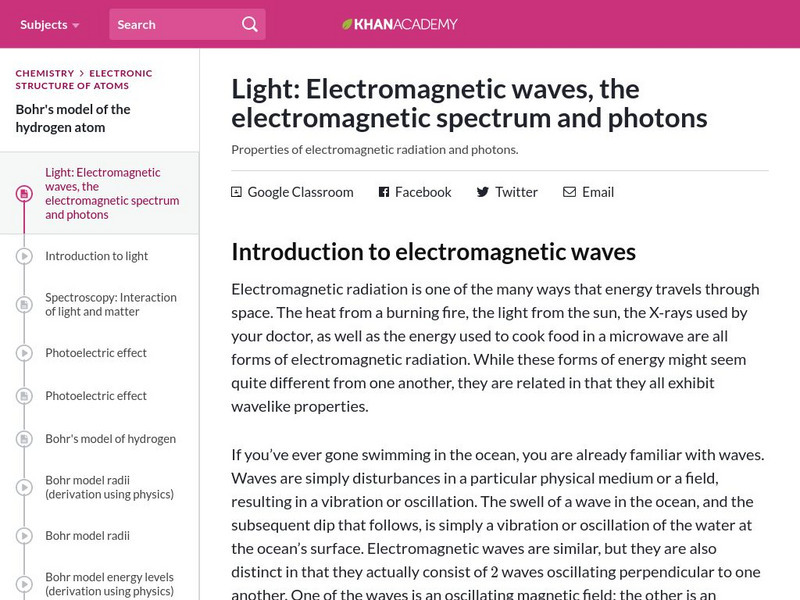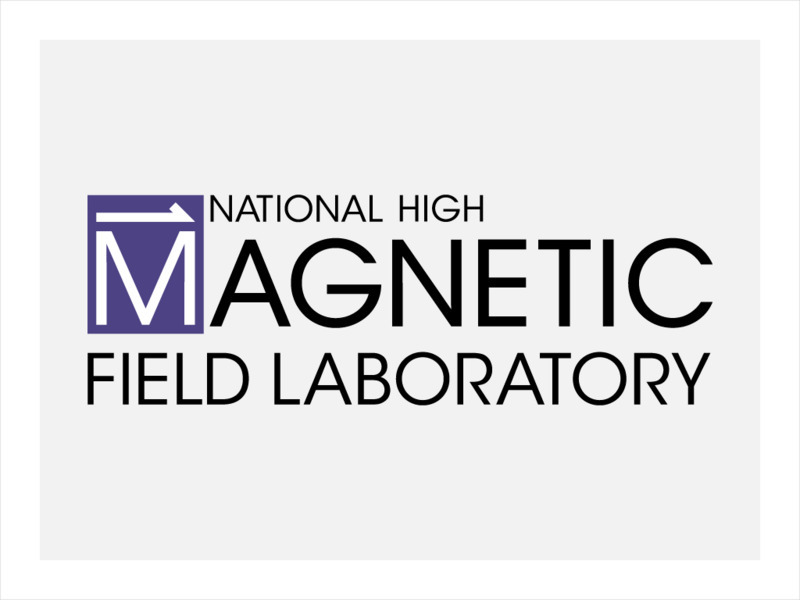National High Magnetic Field Laboratory
Magnet Academy: Simple Electrical Cell
This is a Java tutorial showing the simple voltaic (or galvanic) electrical cell, which is the most basic type of "wet" cell and demonstrates the fundamental chemistry behind batteries.
Science Buddies
Science Buddies: Make Your Own Electric Guitar Pickup
If you like playing electric guitar, this could be a cool project for you. In this project you'll wind one or more of your own electric guitar pickups and test them out in an inexpensive electric guitar to understand just how electric...
National High Magnetic Field Laboratory
Magnet Academy: Svante Arrhenius
Svante Arrhenius was born in Vik, Sweden, and became the first native of that country to win the Nobel Prize. The award for chemistry was bestowed to him in honor of his theory of electrolytic dissociation. Arrhenius also developed the...
National High Magnetic Field Laboratory
Magnet Academy: Robert Millikan
Robert Andrews Millikan was a prominent American physicist who made lasting contributions to both pure science and science education. He is particularly well known for his highly accurate determination of the charge of an electron via...
National High Magnetic Field Laboratory
Magnet Academy: Richard Feynman
Theoretical physicist Richard Phillips Feynman greatly simplified the way in which the interactions of particles could be described through his introduction of the diagrams that now bear his name (Feynman diagrams) and was a co-recipient...
Science Museum, London
Science Museum: Launchpad Online: Launchball
Use your knowledge of physics concepts like electricity, reflection, magnetism, etc. to complete interactive online puzzles.
University of Colorado
University of Colorado: Ph Et Interactive Simulations: Faraday's Law
An interactive simulation that teaches about Faraday's Law, magnets, and magnetic fields by showing how a change in the magnetic flux can produce a flow of electricity. This simulation can either be downloaded or played online and...
Texas Education Agency
Texas Gateway: Electrifying Energy
This tutorial reviews over electrical energy.
PBS
Pbs Learning Media: Solar House
In this What's Up in the Environment? video segment, an electrical engineer in Virginia and his 13-year-old son explain how they produce electricity in their home. [3:58]
Science Buddies
Science Buddies: Batteries: The Shocking Truth
Here you can find what you need to scientifically assess battery performance. In this exercise (that should take about one week) learn how batteries work, how they wear out and most importantly, how to make valid measurements to assess...
Science Buddies
Science Buddies: A Battery That Makes Cents
Batteries are expensive to purchase in a store, but you can make one your self for exactly 24 cents. In this experiment, you will make your own voltaic pile using pennies and nickels and determine how many coins in a pile will make the...
Science Buddies
Science Buddies: Shaking Up Some Energy
Shake N' Light flashlights have been advertised on televisions across the nation in the recent year. But many do not understand just how they get energy to light up the bulb without using batteries. Do this experiment to make your own...
Khan Academy
Khan Academy: Electromagnetic Waves: The Electromagnetic Spectrum and Photons
An article that discusses the coupling of an electric field with a magnetic field to create electromagnetic waves. Article also discusses how different types of electromagnetic waves have different wavelengths which forms the...
World Health Organization
World Health Organization: International Emf Project
The World Health Organization probes into the feared associations between electromagnetic fields (EMFs) and cancer. Check out "What is EMF?" for detailed summaries on what electromagnetic fields are and the possible health effects, or...
National High Magnetic Field Laboratory
Magnet Academy: Wimshurst Machine 1880
In the modern world, virtually everyone is familiar with electricity as an accessible, essential form of energy. In electricity's earlier days, scientists used the buildup and release of static electricity.
National High Magnetic Field Laboratory
Magnet Academy: Carl Friedrich Gauss
Although he is best known as one of the greatest mathematicians of all time, Carl Friedrich Gauss was also a pioneer in the study of magnetism and electricity. To facilitate an extensive survey of terrestrial magnetism, he invented an...
National High Magnetic Field Laboratory
Magnet Academy: James Watt
The Scottish instrument maker and inventor James Watt had a tremendous impact on the shape of modern society. His improvements to the steam engine were a significant factor in the Industrial Revolution, and when the Watt engine was...
National High Magnetic Field Laboratory
Magnet Academy: William Thomson, Lord Kelvin
William Thomson, known as Lord Kelvin, was one of the most eminent scientists of the nineteenth century and is best known today for inventing the international system of absolute temperature that bears his name. He made contributions to...
National High Magnetic Field Laboratory
Magnet Academy: Nikola Tesla
Awarded more than 100 patents over the course of his lifetime, Nikola Tesla was a man of considerable genius and vision. He was reportedly born at exactly midnight during an electrical storm, an intriguing beginning for a man who would...
National High Magnetic Field Laboratory
Magnet Academy: Sulfur Globe 1660
In the 17th century, German scientist Otto von Guericke built and carried out experiments with a sulfur globe that produced static electricity.
National High Magnetic Field Laboratory
Magnet Academy: Claude Shannon
Claude Shannon was a mathematician and electrical engineer whose work underlies modern information theory and helped instigate the digital revolution. He was the first person to recognize how Boolean algebra could be used to great...
National High Magnetic Field Laboratory
Magnet Academy: Felix Bloch (1905 1983)
Physicist Felix Bloch developed a non-destructive technique for precisely observing and measuring the magnetic properties of nuclear particles. He called his technique "nuclear induction," but nuclear magnetic resonance (NMR) soon became...
National High Magnetic Field Laboratory
Magnet Academy: Paul Lauterbur
Chemist Paul Lauterbur pioneered the use of nuclear magnetic resonance (NMR) for medical imaging. He developed a technique, now known as magnetic resonance imaging (MRI), in the early 1970s that involves the introduction of gradients in...
CK-12 Foundation
Ck 12: Physical Science: Ferromagnetic Material
[Free Registration/Login may be required to access all resource tools.] Explores what makes a material magnetic, ferromagnetic materials and how they can be magnetised, temporary and permanent magnets, and the mineral magnetite.
